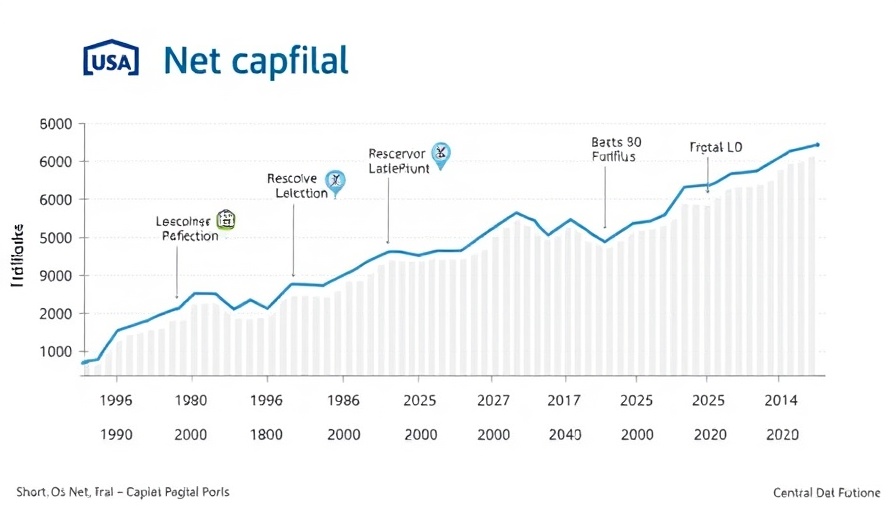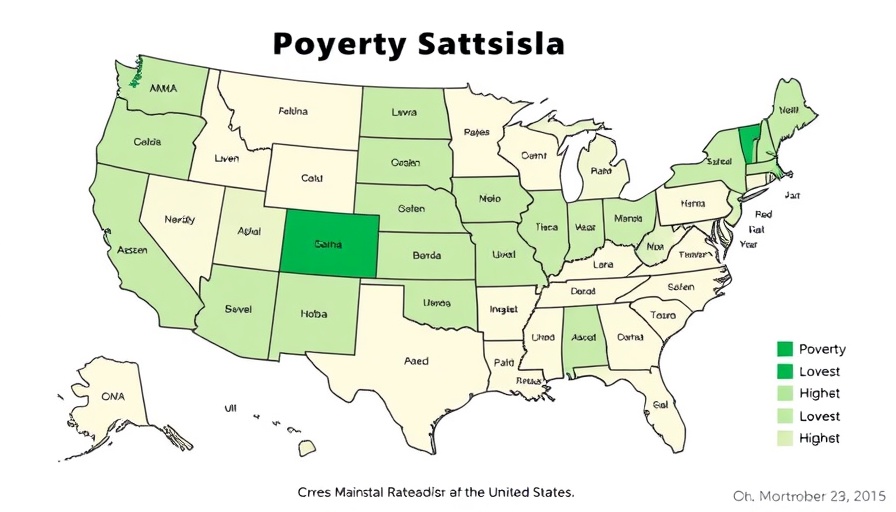
Elon Musk and the Tesla Backlash: A Cultural Shift
The recent backlash against Tesla is emblematic of a broader cultural divide in the United States, particularly in response to the polarized political climate. Tesla, once celebrated as a leader in electric vehicles, now finds itself at the center of controversy due to its CEO, Elon Musk, whose controversial stances and actions have disillusioned many enthusiasts. Reports indicate that sales of Tesla vehicles have dropped significantly, with figures showing a drastic decline of 72% in Australia alone compared to the previous year, and decreasing popularity in other key markets such as Europe and California.
The Intersection of Politics and Consumer Sentiment
The anger directed at Tesla is not just about the cars; it's a manifestation of public frustration towards Musk’s political engagements and remarks, especially following his controversial display at a recent Trump inauguration ceremony. This incident, described by onlookers as reminiscent of fascist gestures, was the tipping point for many loyal Tesla fans. Customers are increasingly distancing themselves from the brand, some even choosing to sell their Teslas altogether or express their discontent through bumper stickers denouncing Musk. It’s a powerful indicator that high-profile political actions can influence consumer behavior and brand loyalty.
Elon Musk: The Out-of-Touch Billionaire?
Musk's wealth and status may shield him from the common struggles Americans face daily. Reports indicate that many consumers feel that executives like Musk are disconnected from the economic realities faced by the average worker. As layoffs increase across various sectors, Musk's propensity to reduce workforce numbers at will ignites a resentment that resonates more deeply with consumers grappling with job security. This sentiment was echoed by individuals like Eric Thurber, who noted that once they felt proud to drive a Tesla, that pride has evaporated in the wake of the CEO’s antics.
The Rise of Competitors: A New Perspective on EV Choices
Amid the backlash, other companies are seizing the opportunity to capture Tesla’s disenchanted customer base. Traditional auto manufacturers are expanding their electric vehicle lineups, offering new models that appeal to consumers seeking alternatives. Brands like Hyundai and Volkswagen are emerging as attractive options for previous Tesla buyers, showcasing the rapidly transforming EV market landscape.
The Future of Tesla: Can it Recover?
Despite the turbulent present, Tesla's leadership remains optimistic about potential recovery in sales. New affordable models are scheduled to hit the market, aiming to rejuvenate interest and mitigate the damage caused by Musk's polarizing image. However, many are left questioning whether new product offerings will be enough to sway consumers who have already made their voices heard with their wallets.
For high earners in Philadelphia, understanding this shift in consumer behavior not only reflects changes in market dynamics but also the intricate relationship between corporate leadership and public sentiment. As buyers continue to evaluate their options, it will be interesting to see how brands like Tesla adapt in a world where the CEO's pronouncements can dramatically influence the brand's image.
Investors and consumers alike are urged to remain vigilant, taking into account the broader socio-political context in which these businesses operate. Considering recent trends, aligning consumer values with corporate actions will be imperative for any brand seeking to navigate the turbulent waters of public opinion.
 Add Row
Add Row  Add
Add 




Write A Comment